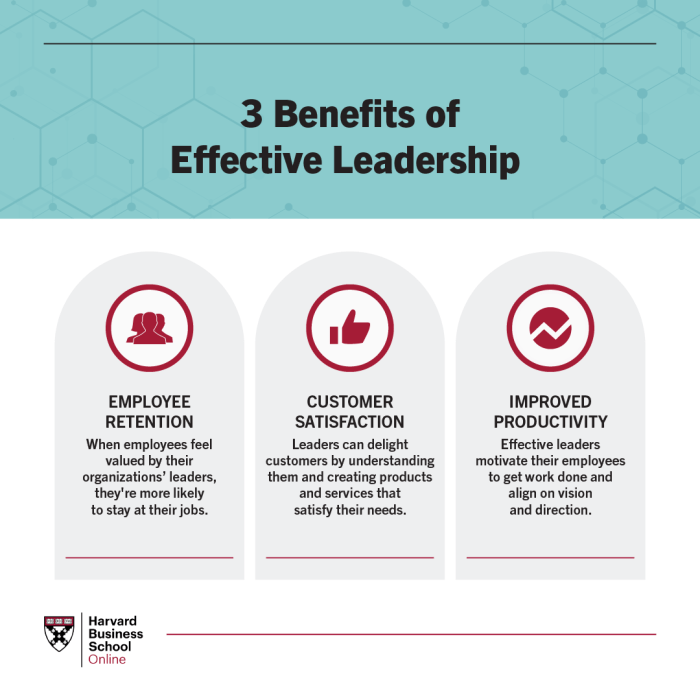Counseling subordinates is the most effective – Counseling subordinates is widely recognized as the most effective strategy for fostering professional growth, enhancing performance, and building a harmonious work environment. This comprehensive guide explores the multifaceted aspects of counseling subordinates, empowering leaders with practical techniques and insights to navigate the complexities of this crucial aspect of management.
Through a systematic examination of counseling principles, challenges, and best practices, this guide provides a roadmap for leaders to effectively address employee concerns, provide constructive feedback, and create a supportive environment that nurtures individual development and organizational success.
Counseling Subordinates: A Comprehensive Guide

Counseling subordinates is a crucial aspect of effective leadership and management. It involves providing guidance, support, and feedback to employees to help them improve their performance, develop their skills, and navigate workplace challenges. Counseling can take various forms, from formal performance reviews to informal one-on-one conversations.
Benefits of Counseling Subordinates
Counseling subordinates offers numerous benefits for both the employee and the organization. For the employee, it provides an opportunity to:
- Receive feedback on their performance and identify areas for improvement.
- Gain insights into their strengths and weaknesses.
- Develop a plan for professional growth and development.
- Address concerns and resolve workplace issues.
For the organization, counseling can help to:
- Improve employee performance and productivity.
- Reduce absenteeism and turnover.
- Foster a positive and supportive work environment.
- Identify and address potential problems before they escalate.
Types of Counseling Techniques, Counseling subordinates is the most effective
There are various counseling techniques that can be used to address different situations and employee needs. Some common techniques include:
- Performance counseling:Focuses on providing feedback on employee performance and setting goals for improvement.
- Developmental counseling:Aims to help employees identify their strengths and weaknesses and develop a plan for professional growth.
- Disciplinary counseling:Addresses performance issues or misconduct and Artikels the consequences for failing to meet expectations.
- Career counseling:Provides guidance to employees on career planning, job search, and advancement opportunities.
- Employee assistance counseling:Offers support to employees facing personal or work-related challenges that may affect their job performance.
The choice of counseling technique depends on the specific situation and the needs of the employee.
Effective Counseling Practices
Effective counseling involves adhering to certain principles and employing specific techniques to create a supportive and productive environment. Some key principles of effective counseling include:
- Confidentiality:Maintaining the privacy and confidentiality of employee information is essential for building trust and rapport.
- Objectivity:Counselors should approach counseling sessions with an unbiased perspective and avoid personal judgments.
- Empathy:Understanding and acknowledging the employee’s perspective is crucial for effective counseling.
- Active listening:Counselors should demonstrate active listening skills by paying attention to both verbal and non-verbal cues and reflecting back on what they hear.
- Positive reinforcement:Recognizing and acknowledging employee accomplishments and positive behaviors can motivate and encourage improvement.
FAQ Explained: Counseling Subordinates Is The Most Effective
What are the key principles of effective counseling?
Empathy, active listening, confidentiality, non-judgmental approach, and a focus on solutions.
How can leaders build rapport and trust during counseling sessions?
By demonstrating empathy, showing genuine interest, and creating a safe and supportive environment.
What are common challenges faced by counselors?
Resistance, defensiveness, and communication barriers.
How can leaders create a positive counseling environment?
By ensuring confidentiality, providing a safe and comfortable space, and fostering a culture of open communication.
What are best practices for documentation in counseling?
Accurate and detailed notes, adherence to legal and ethical requirements, and use of standardized templates.

